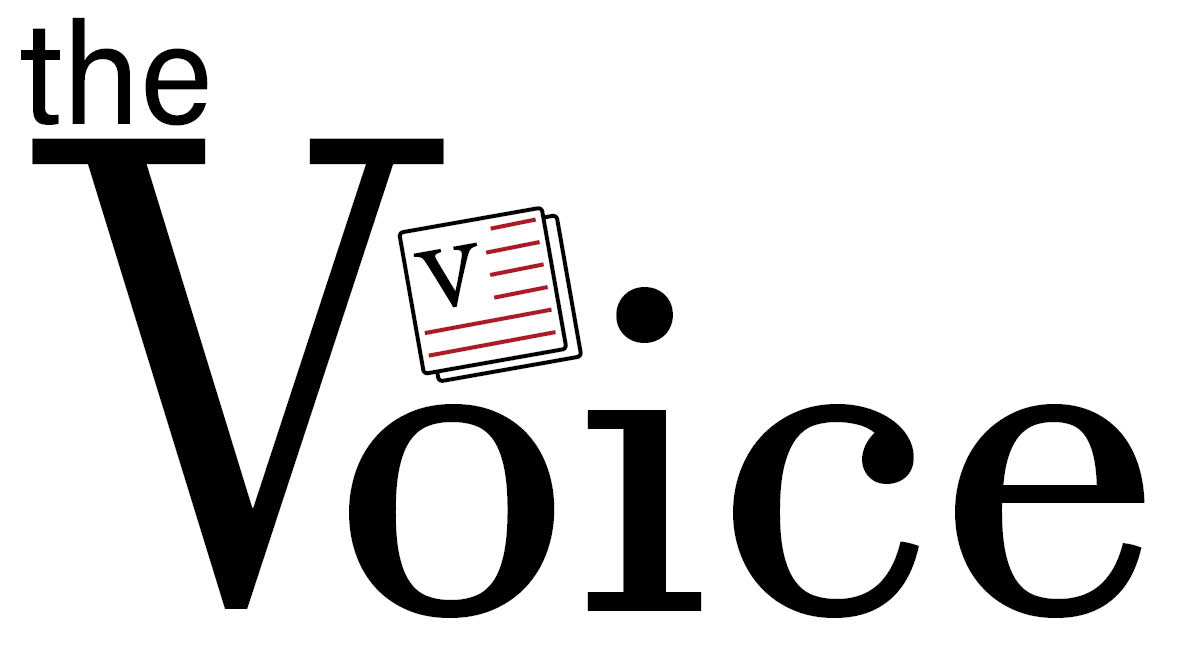“My mind rebels at stagnation. Give me problems, give me work, give me the most abstruse cryptogram, or the most intricate analysis, and I am in my own proper atmosphere. But I abhor the dull routine of existence. I crave for mental exaltation.” –Sherlock Holmes
I consider myself an intelligent person. And I definitely consider myself a hard worker. When some students may be out partying it up, it’s my choice to be at home, sitting by myself at my kitchen island, working on homework.
I value hard work. I’ve gotten so used to constantly working that I don’t know what to do when I’m not. That’s fine with me. I know what I want to accomplish, and exactly what I want to be, so I accept this as part of my journey.
However, something that wasn’t part of my high school journey, or that of many other hard working students like me, was the Hi CoHort program. Participants in this program for academic enrichment are selected based on their fifth grade elementary MAP testing scores, along with other factors such as teacher recommendations. Once identified for the CoHort, these students are placed in highly accelerated classes in middle school that set them up for advanced learning in high school as well.
The reasoning behind this is that these gifted students need stimulation. Normal level classes would leave students prepared for learning at more advanced levels bored, with few challenges to stimulate academic growth. This makes complete sense to me as well. Like I said before, I’m a hard worker, and my mind, like that of Doyle’s Holmes, rebels at stagnation, so I can understand why these children need advanced learning.
To achieve this level of stimulation, approximately 20 to 30 CoHort students per grade level are sent to Marlowe, where they’ll be kept together in one team and learn at advanced levels in every subject, as they have been since 2007 when the program was first implemented.
According to HHS Principal Scott Rowe, those in the CoHort program are classified as having gifted brains, and learn differently than most students. In middle school, CoHort classes are designed to work with their unique learning processes.
“At the middle school, it’s much more involved and kind of separated from everything else,” said Rowe, who was former principal of Marlowe. “They’re still part of a team, yet, they’re in advanced classes and they basically track together throughout the whole day, whereas at the high school, you may be a Hi CoHort student yet other students in their grade level or a senior might be in the class with you, where you’re not as segregated here as you are in middle school.”
As I said before, all of this information makes complete sense to me. It’s crystal clear that gifted children learn differently, and I accept that some students are able to learn at an advanced pace. Where the CoHort stops making sense, however, is at a high school level.
When CoHort students enter high school, they share a counselor who works closely with them to devise a rigorous academic schedule. Though the options to take certain advanced classes, like AP history courses, are open to all students, many of the students are unaware of the many choices that they have. This year, however, because there were no honors history classes offered for freshman, many opted for an AP history class.
“We have a number of students that take AP classes freshman year that aren’t in the CoHort,” said Chief Academic Officer Mike Moan. “We don’t limit the AP offerings.”
In spite of this improvement, most CoHort students begin their freshman year enrolled in sophomore-level English II Honors, while other freshman not involved in the program take English I or English I Honors.
Aside from having a CoHort counselor, students are offered other special opportunities as well. While other students are taking grade level standardized tests, the CoHort group is invited on school-organized college visits. In the past they have traveled to Beloit College, the University of Chicago, and the University of Wisconsin-Madison.
What really doesn’t make sense to me is that other students, some of whom have higher GPAs, outstanding ACT scores, and higher class ranks, are told to stay at school and take the practice ACT test. Why should dedicated, hard-working students who are happy with their test scores have to take the practice ACT while a Hi CoHort student ranked 245 gets to reap the benefits of a college visit?
Take, for example, the Class of 2014. According to school records obtained through the Freedom of Information Act, there are 13 non-CoHorts in the top twenty of their class. Some may argue that class rank isn’t necessarily a measure of intelligence. However, I believe it is a measure of dedication, and shows that those students take their educations seriously. And let’s face it, you have to have a rigorous course schedule and a pretty high degree of intelligence to be getting grades good enough to be in the top 20. To have achieved such high ranks, these students are taking multiple AP classes and excelling in them. They’re able to handle these challenges, and show the most promise for a future in America’s workforce.
As Marc Hoag said in his article “How to hire the best employees: work ethic vs. smarts,” “On the one hand, a brilliant person with poor work ethic will never amount to anything. We’ve all heard stories time and again of the brilliant kid who did nothing with his life. On the other hand, a person of average intelligence with a compulsion to be successful and exemplary work ethic is about as stoppable as a fully laden cargo ship.”
I agree with Hoag’s statement. Of course, these descriptions don’t apply to everyone, and there are many brilliant and dedicated students here at HHS. The issue is that many of them aren’t receiving the same benefits as some CoHort students who barely rank in the top halves of their classes. Oftentimes, as students progress through middle school and into high school, their goals and priorities change. For some, their focus on hard work and dedication seems to get lost as they transition into their teenage years, sidetracked by society’s many distractions. It appears to me that once you are identified as a CoHort, you are always a CoHort, regardless of your GPA, class rank, dedication, or work ethic.
I have a lot of friends who are in the CoHort, many of whom I respect and admire, but I believe that each year, the students in the CoHort should be reevaluated. Placing a student in the middle school CoHort from a test taken in fifth grade is fine. But keeping students in the CoHort throughout high school because of a score they received at the end of fifth grade just doesn’t make any sense.
At Kennett Middle School in Pennsylvania, students must meet specific eligibility criteria every year to be eligible for their Middle School Honors Program, which offers many advanced classes similar to those taken by CoHort students in our district. In the Newburgh Enlarged City School District in New York, students must maintain a quarterly grade of at least an 85% in all of their classes to remain eligible for the Honors/Enrichment Program, which offers coursework more rigorous than grade level expectations.
It’s obvious that for many CoHort students, the program has definitely benefited them. They’re taking multiple AP courses and are well on their way to successful college careers. Despite this fact, the program puts a lot of extra stress on the highly competitive CoHort students to live up to their highly gifted label.
Additionally, according to Hi CoHort counselor Wayne Russell, there are a few freshman CoHort students that are having difficulties adjusting to a high school environment, which their parents believe to be due to their isolation in middle school through the program. These students were in class with mostly the same people for three years, and in high school, weren’t ready for the great variety of people from all different grades to be in the same classes as them.
“After [the seniors] graduate, I’m going to have no friends, so it’s going to be pretty bad. But I guess we get used to those challenging classes in the beginning so it’s not as hard when you get to high school,” said junior Parth Patel, who is a member of the CoHort program. “We’re at a higher level, so it’s not fair to other people, which I totally get.”
According to Russell, plans are also in the works for a prospective Hi CoHort college night.
“We do have a general college information night for juniors, and we had one earlier this year for seniors too. It would be along similar lines, although it may be slanted a little more for people who are looking for more competitive schools than some of the general population would be,” said Russell.
I think that such a session should be opened up to all students, because there are many students not in the CoHort who have highly impressive qualifications and will also be applying to those higher level colleges.
Overall, I definitely support the CoHort program on a middle school level, as it offers the stimulation that gifted students need and it gives them a chance to reach their highest capacities for achievement.
But in high school, where a wide variety of classes are offered for all levels of learning, no one should be given extra advantages and opportunities just because they scored high on a test in fifth grade.


